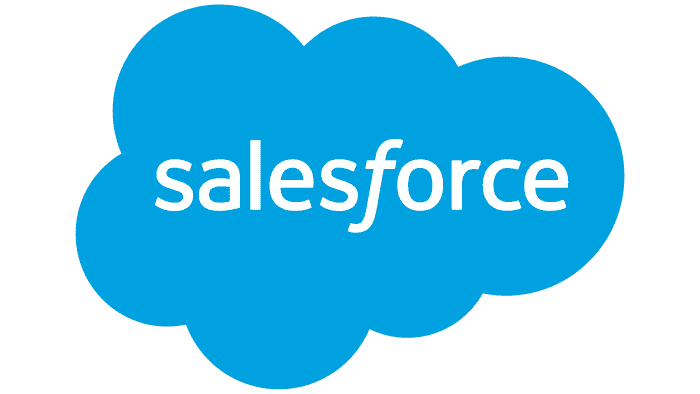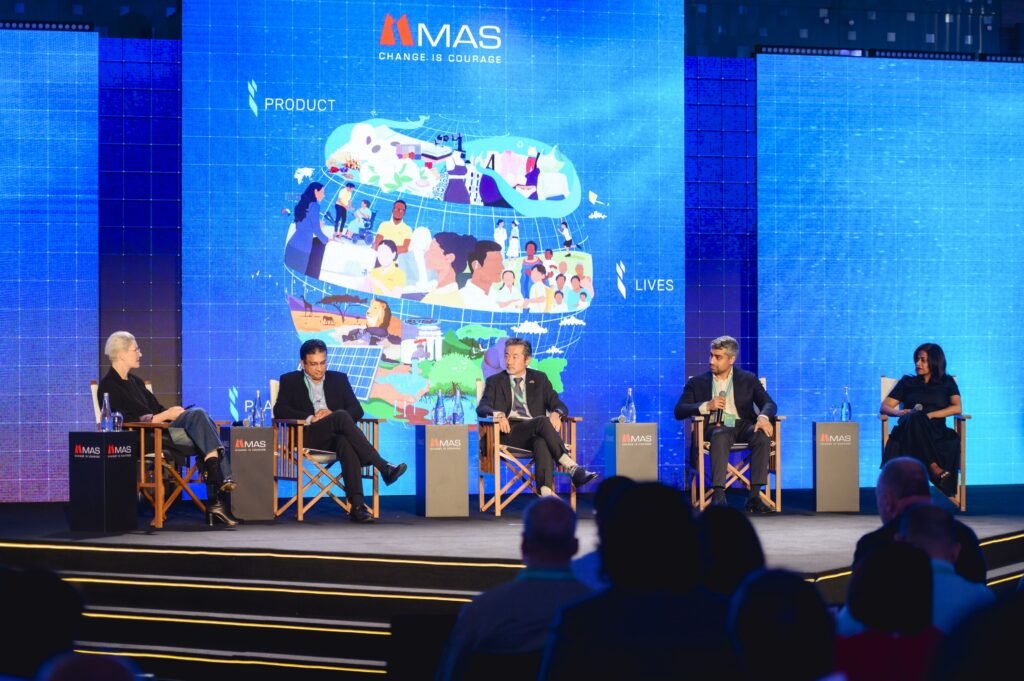Slack, a Salesforce company, announced the next evolution of its platform, giving partners and developers secure, flexible access to customer-owned conversational data to power context-aware AI apps and agents. The launch introduces a real-time search (RTS) API and a Model Context Protocol (MCP) server that provide permission-aware access to the latest messages, files, and channels in Slack, enabling AI to act with precise context while meeting enterprise governance and control requirements.

Thousands of companies are racing to deploy AI agents, but usefulness in everyday workflows hinges on context. The richest context inside any organization lives in conversations. Slack unlocks this previously hard-to-reach corpus so agents can move beyond generic responses to deliver accurate, user-specific assistance directly in the flow of work.
Some of the world’s leading innovators including Anthropic, Google, Perplexity, Writer, Dropbox, Notion, Cognition Labs, Vercel, and Cursor are already building on these capabilities, with new AI apps and agents available in the Slack Marketplace. By securely tapping Slack’s conversational data, partners and customers bring intelligence to where people already work, reducing app-switching and turning discussion into action.
Denise Dresser, CEO, Slack: “The future of work is undeniably agentic, and the success of AI depends on its seamless integration into human workflows. Our latest Slack platform innovations create the secure, data-rich environment necessary for AI agents to become trusted companions so work is more connected, intelligent, and productive than ever.”
The RTS API gives apps real-time access to current discussions and content without bulk exporting or duplicate storage, always respecting user and channel permissions and returning only what a query requires. The MCP server standardizes how large language models, apps, and agents discover context and execute tasks in Slack, replacing fragmented integrations with a single, consistent protocol. Together, they reduce hallucinations, increase reliability, and enable agents to search, analyze, and act on Slack data to automate complex workflows.
The platform advances measurable outcomes for customers: unlocking unstructured knowledge in conversations to save an average of 97 minutes per user per week; accelerating decisions by connecting app data such as Agentforce Sales and Workday to Slack context for 37% faster decision-making and 36% faster customer responses; increasing productivity by cutting context switching; and improving adoption by placing apps where employees already work. Enterprise-grade security, privacy features, and granular permissions provide a trusted foundation for agentic collaboration.
Slack also introduced Work Objects standardized, rich previews that connect third-party data directly to conversations and new agentic developer tools, including AI best practices, prebuilt Block Kit Tables, and updated CLI resources for Bolt apps.
Availability: The RTS API and MCP server are in closed beta now, with general availability targeted for early 2026. Third-party agents using these capabilities are available today in the Slack Marketplace. Work Objects will be generally available in late October; the new developer tools are available now.






